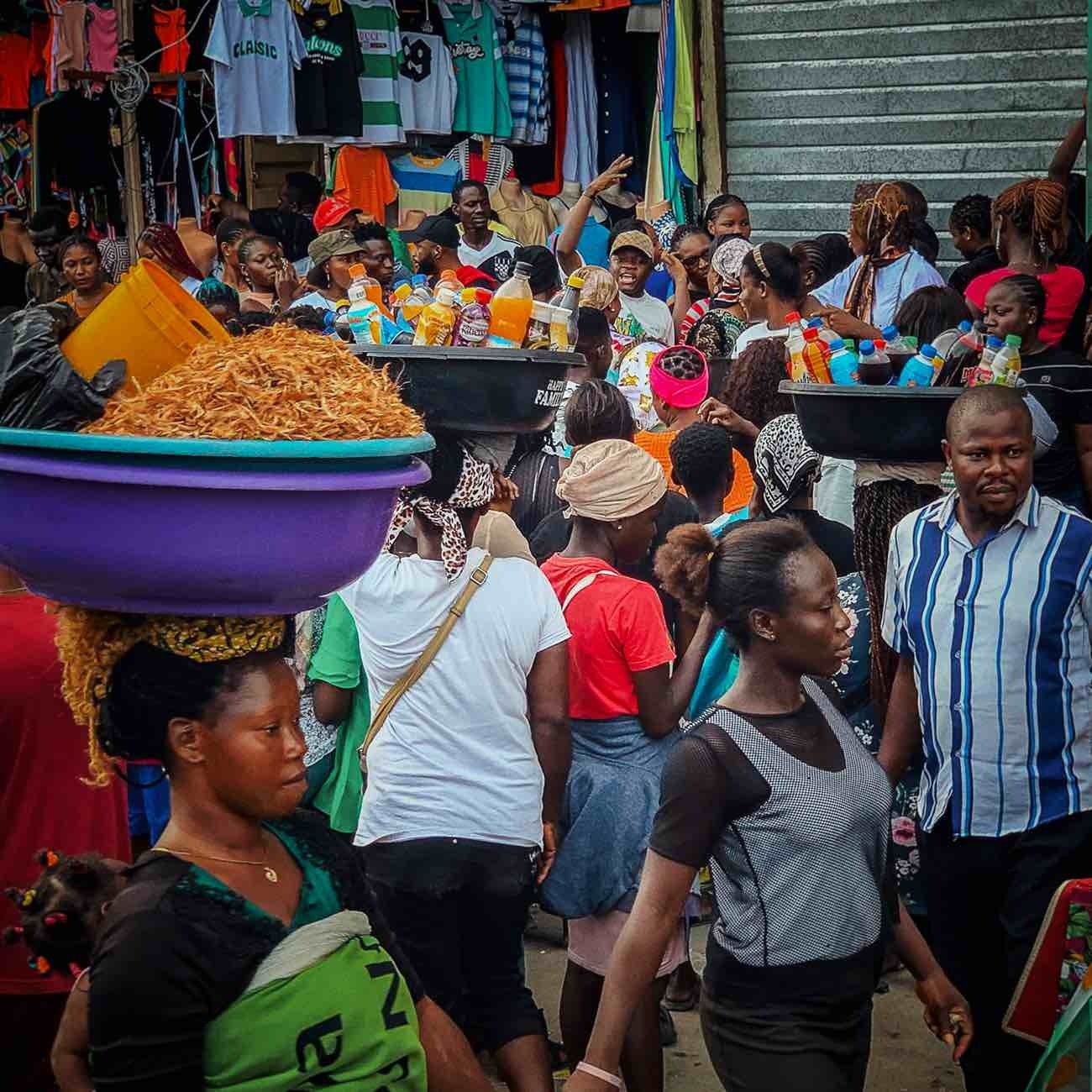As August draws to a close, Nigeria’s economic narrative continues to evolve—layered with strategic partnerships, rising reserves, and bold moves across sectors.
This week’s edition of 234Digest captures a moment of quiet acceleration. Japan’s $238 million loan to upgrade Nigeria’s power grid signals renewed global confidence in our infrastructure ambitions. Foreign exchange reserves have climbed to a four-year high, offering breathing room for monetary policy. Meanwhile, agribusiness and private credit are stepping up to fill long-standing gaps in food security and development finance.
We also track enforcement efforts (cybercrime crackdowns ) and spotlight a surprising new entrant to Nigeria’s consumer market: a California tequila brand with global music ties.
It’s a diverse mix. Let’s dive in. Samuel Okocha, Editor, 234Digest here.
Quote of the day
“Our focus is on transmission infrastructure, operational efficiency, and strategies to reduce system losses. This $238 million loan from JICA provides the backbone for that transformation.”
— Adebayo Adelabu, Minister of Power
Today’s briefs
Japan backs Nigeria’s power grid with $238 million loan
Nigeria secured a $238 million loan from the Japan International Cooperation Agency to expand its national power grid.
The deal, brokered at the Tokyo International Conference on African Development (TICAD9), funds crucial transmission projects, including over 100 kilometres of new high-voltage lines and substations. With electricity access still unreliable for many, the investment is viewed as a strategic move toward grid stability
Power Minister Adebayo Adelabu highlighted partnerships with Japanese companies that include Toshiba and Hitachi as key to the transformation.
Foreign exchange reserves hit four-year high
The Central Bank of Nigeria reports foreign exchange reserves have climbed to $41 billion as of August 19—the strongest level since December 2021.
The $1.46 billion increase in August enhances the bank’s ability to defend the naira and regulate liquidity, pointing to cautious optimism amid global uncertainties.
Construction sector steady amid rising credit and spending
Nigeria’s construction industry is forecasted to grow 3.1% in 2025, fuelled by a 5% rise in credit to 2.4 trillion naira as of April, according to a report by Research and Markets.
Growth is underpinned by government budgetary increases to 54.2 trillion naira ($36 billion) and plans to nearly double oil production by 2026. The sector is also benefiting from policies tied to Nigeria’s Energy Transition Plan, targeting carbon neutrality by 2060.
Presco Plc aims to cut West Africa’s palm oil imports
Presco Plc, Nigeria’s largest palm oil producer, is expanding in West Africa with a $171.6 million purchase of Ghana’s Oil Palm Development Company and Saro Oil Palm.
The acquisition aims to triple cultivation area and reduce the region’s dependence on imported edible oils. Presco aims to reduce Nigeria’s $600 million annual palm oil imports by 40%, and Ghana’s by 30%. The company posted a half-year net income of 88.7 billion naira on revenues near 199 billion, building on last year’s record profits.
Private credit fund deploys N100 billion locally
The FCMB-TLG Private Debt Fund, Nigeria’s first local-currency private credit vehicle, fully deployed its initial N100 billion ($66 million) tranche ahead of schedule.
The fund supports projects in agriculture, healthcare, clean energy, and tech. A larger second fund focused on education, transport, and renewables in the works. The move, according to TLG, signals growing investor confidence in Nigeria’s economic growth story.
Cybercrime crackdown targets foreign nationals
Over 100 foreign nationals, including 50 Chinese nationals, convicted of cyber-terrorism and internet fraud have been deported by Nigeria’s EFCC and immigration authorities, demonstrating a stepped-up campaign against online crime networks.
These foreign-led gangs recruit local collaborators to execute advanced phishing and scam operations, primarily targeting Western victims. The government’s resolve aims to protect Nigeria’s digital economy and financial systems.
US tequila brand León Y Sol targets Nigeria
California-based tequila maker León Y Sol plans to debut in Nigeria in early 2026, marking its first international market before expanding to Europe.
Backed by a partnership with global label Empire, which has Nigerian ties, the company seeks to capitalise on demand for additive-free, authentic tequilas amid scrutiny of competitors’ purity claims.
The launch will include alcoholic tequilas, with plans to introduce a non-alcoholic agave spirit later.
Words of wisdom: "Opportunities don’t happen, you create them."—Chris Grosser
Photo of the day

Lagos Island bustling market captures the energy of everyday commerce, driven by traders and pedestrians. More than a trading hub, the market is a dynamic contributor to Nigeria’s economy, powered by everyday people making significant contributions. Photographer: Samuel Okocha/234Digest
And that’s a wrap for today. Expect next dispatch on Monday again. Or possibly sooner on Sunday. If you’re new here, and want weekly updates (including monthly deep dives) on Nigeria’s economy, business and culture, subscribe to get them straight to your inbox.

